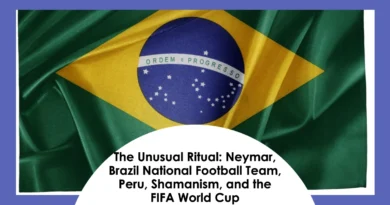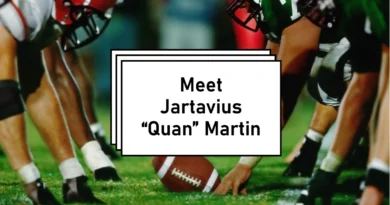The History and Evolution of the FIFA World Cup
The FIFA World Cup has become one of the most highly anticipated sports events in the world. It brings together teams from all over the globe to compete for the title of World Champions. But where did it all begin? Let’s take a look at the history and evolution of this iconic event.
The First-Ever World Cup Tournament
The first ever FIFA World Cup tournament was held in Uruguay in 1930, with 13 teams competing for top honors. Uruguay defeated Argentina 4-2 in the final match, becoming champions in front of an audience of 93,000 people. Since then, 21 tournaments have been held with Brazil leading the way as winner five times. In 2014, Germany took home its fourth championship title after defeating Argentina 1-0 in extra time.
Changes Over Time
As new technology has emerged over the years, so too has the game itself changed and evolved. For instance, goal-line technology was introduced during the 2014 World Cup to help referees make correct decisions more quickly and accurately. In 2018, VAR (Video Assistant Referee) technology was introduced to help officiate potential match-changing moments—such as goals being scored or red cards being given—in an effort to make sure that no team is unfairly disadvantaged by incorrect refereeing decisions. With each iteration of these technologies come greater accuracy and faster decision making on behalf of referees which leads to a better overall experience for players and fans alike!
Impact On The Global Community
In addition to changes made on the field, there have also been changes off it too – many countries around the world now look forward to hosting this prestigious event every four years! Hosting nations not only get a chance to showcase their culture and hospitality but also receive economic benefits due to increased tourism revenue and foreign investment opportunities brought about by hosting such a large international tournament. Additionally, hosting nations are able to use their platform as host country to promote social change through campaigns such as “Say No To Racism” which has been used by multiple host countries since 1998 when it was first launched during France’s turn as host nation that year. Such campaigns are aimed at promoting tolerance among different cultures around world while also providing education on racism in football stadiums across globe which ultimately leads towards better understanding between different communities regardless race or nationality .
Conclusion
The FIFA World Cup is one of the biggest sporting events in history – bringing together people from all over the world every four years since 1930! With each new tournament comes new changes both on and off field – from technological advancements that allow for quicker decision making from referees thanks to VAR technology;to social campaigns like “Say No To Racism” that promote tolerance among different cultures – we can rest assured knowing that this iconic event will continue its legacy well into future! Football fans around world will be excitedly waiting what next edition brings us!



